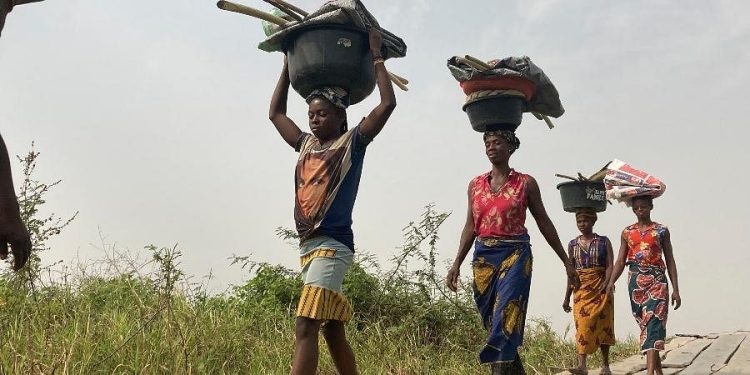Approximately 17.7 million Nigerians are currently experiencing hunger, with the potential for this number to rise to 25 million if urgent action is not taken. This concerning revelation was made by Nkeiru Enwelum, a Nutrition Officer for the United Nations International Children’s Emergency Fund (UNICEF), during a two-day media dialogue on nutrition financing in Nigeria, organized by the Child Rights Information Bureau (CRIB) of the Federal Ministry of Information and National Orientation in collaboration with UNICEF.
Enwelum highlighted that among these hungry individuals, approximately one million are suffering from acute food insecurity, a term used to describe people who are uncertain about where their next meal will come from. She also pointed out that Lagos, Borno, Katsina, and Kano have the highest number of food-insecure people in the country, and she expressed deep concern over the widespread issue of malnutrition in Nigeria.
While there is hope that Nigeria may achieve the Sustainable Development Goal (SDG) target on exclusive breastfeeding by 2030, Enwelum noted that the country is falling short of achieving SDG2, which aims for zero hunger. The gravity of the situation becomes apparent when considering that approximately 35 million children in Nigeria are malnourished, making Nigeria the African country with the highest number of affected children and the second highest in the world.
Enwelum attributed this high burden of malnutrition to factors such as poverty, lack of awareness, and inadequate budgetary allocation for nutrition. Geoffrey Njoku, a UNICEF Communication Specialist, also expressed concerns that both federal and state governments are not allocating sufficient funds to combat the rising levels of malnutrition in the country. Therefore, there is an urgent need to close funding gaps through local resource mobilization and increased awareness efforts by the media.




